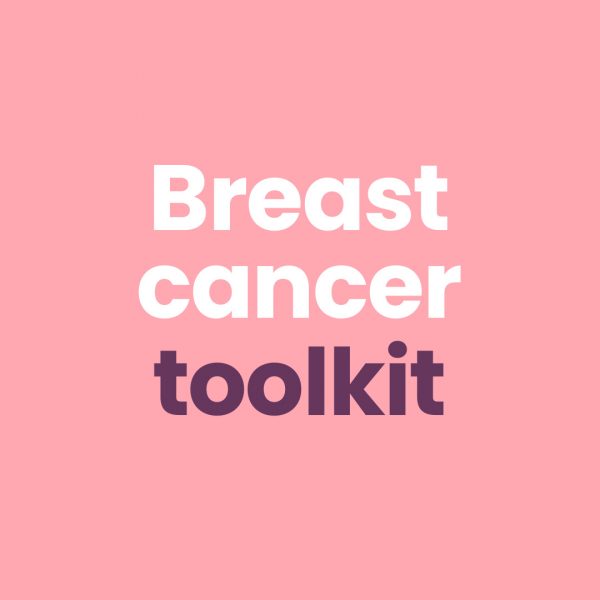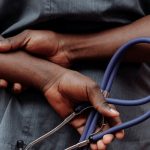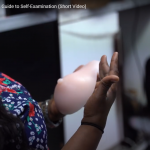Our health is the most valuable asset we have, yet many of us ignore signs and symptoms that could indicate something isn’t quite right.
Cancer can present with lots of different signs and symptoms; some may seem insignificant like persistent headaches, or some might be more abnormal like rectal bleeding. Sometimes, cancer has no obvious symptoms at all. However, it is still important that if you are experiencing something unusual, you should always call your GP for advice.
Cancer can be picked up in a few different ways:
- By cancer screening tests: such as mammograms, pap smears and bowel tests. 6% of cancers picked up in the UK are detected thanks to screening tests. (1)
- By presenting to emergency: this happens when symptoms have become so bad the person needs urgent medical attention. Sometimes people are not aware that the symptoms they are experiencing are related to cancer. 21% of cancers in the UK are picked up this way (1), and unfortunately are usually caught in the later stages.
- By GP referral: when people present to their GPs with abnormal symptoms and the GP refers them on for more testing to reach a diagnosis. 59% of cancer diagnosis in the UK are picked up from people seeking help from their GP. (1)
59% of cancers can be picked up just by seeking help from your GP
Now let’s sit with that for a second… a huge 59% of cancers can be picked up just by seeking help from your GP. So why are people so hesitant to go and get checked out by their GPs?
There are many reasons that might prevent someone from seeking help straight away. A major barrier is fear of a diagnosis. For example, most women think ‘cancer’ when they find a breast lump, however, 8/10 breast lumps are non-cancerous. Other barriers that are more common in the BAMER community are cultural and religious beliefs towards medicine and hospitals.
As a cancer care professional in 2020/2021, the biggest barrier that I have heard from my patients and people in the community, is that most people don’t realise their GP is still open and that they are encouraged to seek help! During Coronavirus, we have had the ‘stay home’ message drilled into us, which is fantastic at keeping us all safe from the virus. However, just because you are at home, it doesn’t mean you can’t develop symptoms of other illnesses like cancer.
Your GP is still there to support you when you are unwell. The main difference is that you may be assessed by your doctor or nurse over the phone first. If your GP thinks your symptoms need face to face attention, they will book you in to do so. If your GP cannot facilitate this, they will refer you onto a place that can. If you are struggling to get hold of your GP for any reason, you can also contact 111 for non-urgent medical advice.
If you have any of the following persistent and unexplained symptoms, you should discuss them with your GP:
- Lumps, bumps or swelling
- Blood in your urine, blood in your poo or coughing up blood
- Unexplained pain
- Changes in your bowel habits
- Extreme tiredness
- Unexplained weight loss
- A cough lasting over 3 weeks, especially if you have never smoked (you may be asked to rule out Covid first)
Never be afraid to reach out and seek help for any unusual symptoms you might have. The healthcare system is here to help you. Michelle Mitchell, the chief executive of Cancer Research UK, sums it up perfectly when she says:
“It’s understandable that people might be worried about leaving their home during the pandemic or think the NHS is too busy, but you should still contact your doctor if you’re worried about signs and symptoms or notice a change that isn’t normal for you.
The earlier a cancer is diagnosed, the more likely it is that treatment will be successful and the higher the chance of survival. So even in these stressful times, it’s vital people don’t delay seeking help with cancer symptoms.”
If you are from the BAMER community and are looking for support during a cancer diagnosis, you can call our support hotline on 0203 811 8270.
Author
Emma Thorne
References
1. National Cancer Intelligence Network. Routes to Diagnosis 2006-2013 workbook. London: NCIN; 2015.






